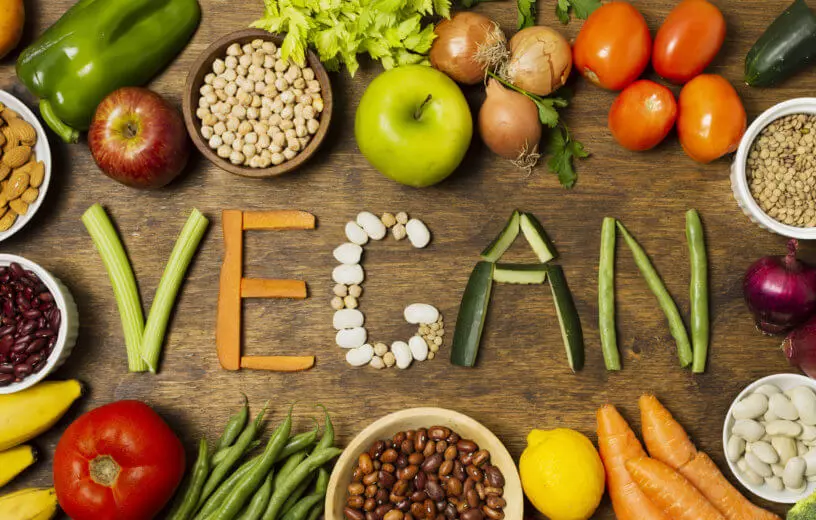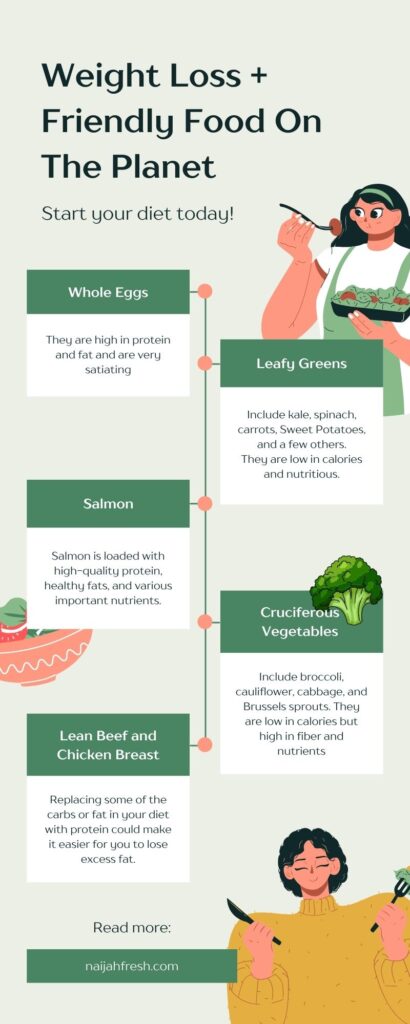- Empty cart.
- Continue Shopping
Health benefits for being a vegan/vegetarian
Vegans and vegetarians choose not to eat meat. Strict vegans also extend these principles beyond their diet and will try, where possible, to avoid any product that directly or indirectly involves the human use of animals. These products can include: leather goods, wool and silk
Both veganism and vegetarianism are growing in popularity. However, some people may find the differences between these two diets a little confusing, particularly as there are several variations of vegetarianism.
In this article, we will explore the similarities and differences between veganism and vegetarianism. We will also discuss health benefits, which diet is more healthful, which is better for weight loss, and risks and considerations.

People eat meat and think they will become as strong as an ox, forgetting that ox eats grass.
What is vegetarianism?
vegetarians are people who do not eat the products or byproducts of animal slaughter.
Vegetarians do not consume:
- meat, such as beef, pork, and game
- poultry, such as chicken, turkey, and duck
- fish and shellfish
- insects
- stock or fats that derive from animal slaughter
- rennet, gelatin, and other types of animal protein
However, many vegetarians do consume byproducts that do not involve the slaughter of animals. These include:
- eggs
- dairy products, such as milk, cheese, and yogurt
- honey
Vegetarians typically consume a range of plant-based food such as fruits, vegetables, nuts, seeds, grains, and pulses, as well as “meat substitutes” that derive from these food types.
Veganism, however, is a stricter form of vegetarianism. Vegans avoid consuming or using any animal products or byproducts. The Vegan Society defines veganism as “a way of living, which seeks to exclude, as far as is possible and practicable, all forms of exploitation of and cruelty to animals for food, clothing, or any other purpose.” Vegans believe that animals have a right to be free from human use, be it for food, clothing, science, or entertainment.
Thus, they seek to exclude all animal by-products, regardless of the conditions in which animals are bred or housed.
Vegans strictly avoid consuming any foods or beverages that contain:
- stock or fats that derive from animals
- insects
- honey
- dairy products
- eggs
- fish and shellfish
- poultry
- rennet, gelatin, and other types of animal protein
Now let us discuss the benefits of a plant-based diet. Scientific research suggests that vegetarian and vegan diets may offer several health benefits.
- Vegetables, fruit, legumes, whole grains, nuts, and seeds are low in saturated fat, contain heart-healthy fats, and are an excellent source of fiber. They give our bodies vitamins, minerals, antioxidants, and phytochemicals, which offer protection against diseases.
- Our research on dietary patterns clearly shows that vegan and vegetarian diets are associated with a lower risk of heart disease. People that follow a vegan or vegetarian diet generally have lower blood pressure and Low-Density Lipoprotein (LDL) cholesterol than non-vegetarians. Some studies have shown that well-planned vegan and vegetarian diets help people to control their blood sugar levels and may reduce inflammation in the body too.
- The key thing to note when looking at the evidence is that vegans and vegetarians tend to lead a healthier life overall, which explains some but not all, of the lower risk seen in these groups. For example, people who follow a vegetarian diet may be more physically active and drink less alcohol.
- A 2019 study also found an association between a healthful plant-based diet and a lower risk of developing chronic kidney disease. A diet centered on plenty of wholes, minimally processed plant foods lowers your risk of heart disease and benefits your overall health.
- Foods that are high in fiber are slower to digest so elevations in your blood sugar are less likely to occur. Fiber also provides a feeling of fullness, which usually reduces the overall number of calories eaten and may help you lose weight
too.

Should I switch to a vegan diet?
What does the Heart Foundation recommend?
There are plenty of ways to eat for a healthy heart and a range of diets can be heart healthy – those with small amounts of meat, poultry, fish, seafood, eggs and dairy, and those without.
Whatever diet you choose, we recommend loading up your plate with plant foods like vegetables, fruit, whole grains, legumes, nuts and seeds and making them the hero of your meals and snacks.
What’s most important is the quality of your overall diet and getting the fundamentals of eating a healthy diet right. Most of us would benefit from eating more plant foods and less processed foods without having to avoid animal products altogether. A ‘flexitarian’ approach may be the most realistic and sustainable way for many of us to adopt a plant-based diet.
A plant-based diet isn’t automatically healthy. Hot chips, biscuits and soft drinks can all be vegan/vegetarian foods. Too much saturated fat, sugar and salt from any source isn’t good for your health. An increasing number of processed plant foods are making their way onto supermarket shelves from vegetarian hotdogs to vegan sweet treats. Some of these foods may actually contain more salt and sugar than regular products.
To eat more plant foods, you don’t necessarily need to adopt a vegan or vegetarian diet. For many of us, just making an effort to eat less processed foods and more plant foods every day will do wonders for your health and risk of heart disease.
How can I eat more plant-based foods?
A good place to start is to think about an approach that is realistic for you and your family. Consider taking small steps towards getting more plant foods on your plate.
My take
The vast majority of people in this world are meat-eaters. It’s in our make-up, in the very core of our being. We occupy the top position in the food chain on this planet. We literally celebrate our consumption of everything that is at our disposal to eat, wear or utilize as we see fit. However, as we age, the diet and lifestyle we follow will have an effect on our general health, but mother nature still has the final say. Family history of hypertension, cancer, high cholesterol, vision problems, etc. is usually a fair indication of what can be expected as we age regardless of how many cheeseburgers or sharwama we eat. More fruits on your menu table are strongly advised. People aren’t only becoming vegans because it’s to save the animals. Some of us are making the change because of health reasons.
A vegetarian diet doesn’t have to be more expensive and may even be cheaper! Dried foods such as beans, peas, quinoa, lentils, and rice can be very inexpensive and go a long way. It’s often cheaper to buy in bulk and these foods can be stored a long time. Look out for special offers, try buying fresh fruit and veg from your local market and have a go at batch cooking and freezing, too.

